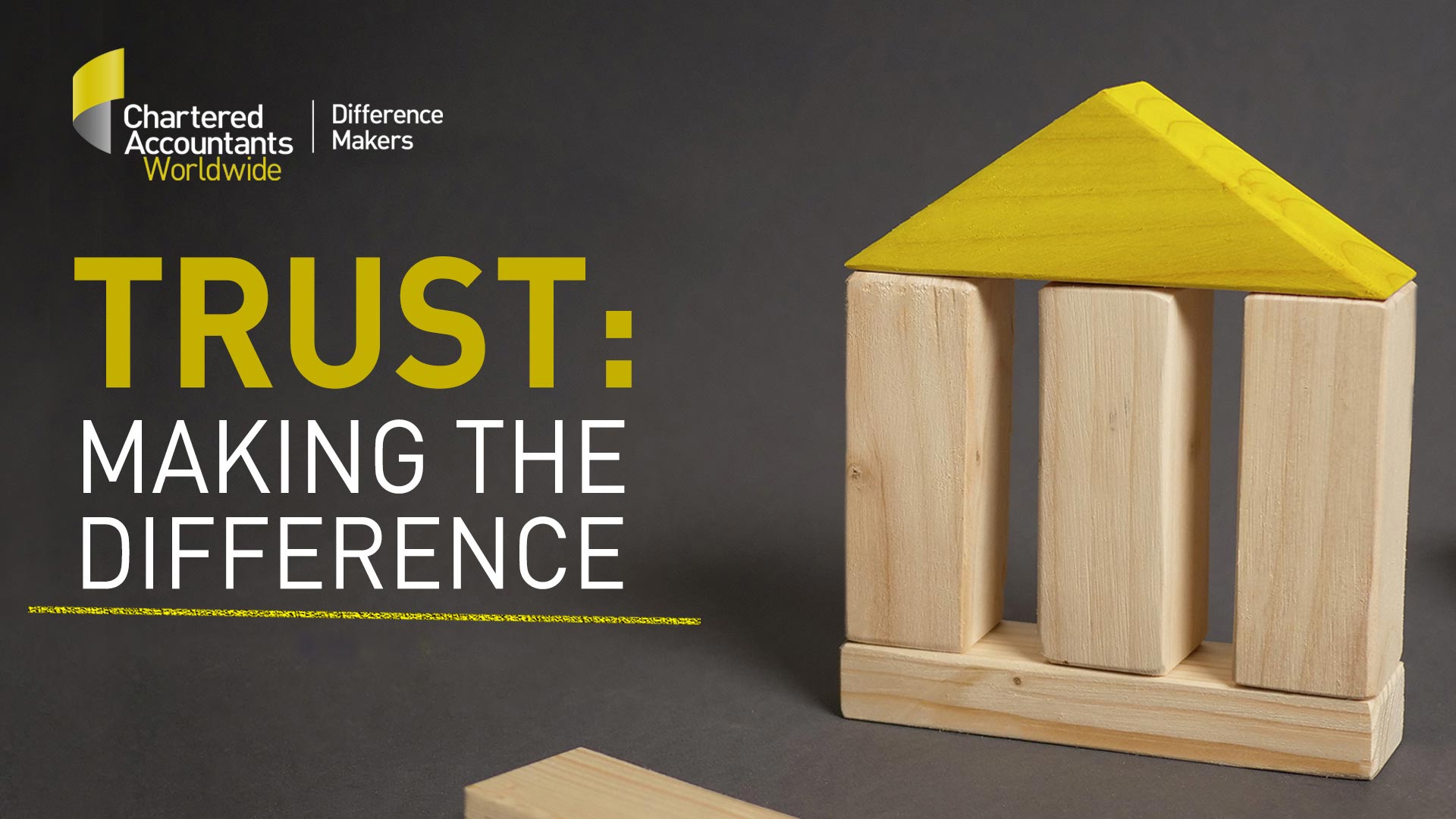By Andrea Murad, CA Today
Chief Financial Officers are under increasing pressure to deftly manage short-term expectations from investors and management against wider long-term goals. Andrea Murad asks how today’s CFOs tackle the demand for instant results.
She spoke with Gavin Maitland CA, Owner and CFO of BoomCom; Richard Peach CA, Senior Vice President, CFO and Chief of Corporate Operations of Schnitzer Steel Industries; and Nik Rupp CA, CFO of Specialized Bicycle Components.
Why does short-termism sometimes overshadow long-term goals?
A sense of urgency can push companies to spend money on initiatives that will drive faster results, however, very few companies can take a short-term view, particularly those in industries with life cycles that can extend out for decades, like pharmaceuticals or energy. Shareholder-driven short-termism in public companies can be especially challenging for CFOs.
“You start with the vision and mission, and you create strategic initiatives and plans around that and build out three to five-year financial plans that everyone agrees with,” explained Nik Rupp CA. “It’s harder for public companies to stay the course because investments may be contrary to market conditions.”
The short term can be an easy trap to fall into because of the nature of the reports.
At a private company where the owner is the only shareholder, there’s less pressure to focus on the short-term. At Specialized, “[the owner is] intimately involved in the day to day, and if there’s a challenge, his knowledge helps to deflect issues,” said Nik. “Results are still important to us – we want to hit our quarterly earnings and deliver at the annual level as well.
“The short term can be an easy trap to fall into because of the nature of the reports – we also have a quarterly review of the strategic initiatives that are there to drive the growth over the next three to five to 10 years. We have a view of how those results in the presentations ground the leadership back into the strategic initiatives.”
How do you stay focused on long-term goals despite the attention on short-termism?
“Short-termism is a huge issue, and it’s become much more so in the last five years for everyone – investors, shareholders and lenders – because they want to see what you’re doing immediately and they can’t wait for results,” said Gavin Maitland CA. “If you’re buying a building or making another capital investment, they want to know what’s going on very quickly.”
It would be more difficult to make capital allocation decisions without that multiyear context.
Richard Peach CA believes that establishing a sustainable short-term performance trend provides confidence over the ability to achieve long-term goals: “If you’re only focused on the short-term without developing long-term goals, it would be hard to know where you were going.
“If you didn’t have a long-term target or objective, it would be more difficult to make capital allocation decisions without that multiyear context of what you’re trying to accomplish.”
What else can affect these planning goals?
“Being aware of the key risks affecting a business and ensuring they’re being proactively and appropriately managed is a challenge,” said Richard.
“An uncertain macro environment makes planning difficult, so management should focus on what it can control. We closely monitor economic and industry trends, and we follow what’s happening on the political and regulatory front to keep abreast of developments, but we don’t speculate on outcomes for the purpose of building our plans.”
How do CFOs drive business forward?
Buy-in across an organisation’s senior team is important for initiatives and goals, and creates a foundation for growth that everyone can get behind. “We all then have a role for bringing our teams along and people can rally behind the long-term plan and mission,” said Richard. “You want to make sure everyone is going in the same direction, which is a good thing for the culture.”
To do this, CFOs need to connect and communicate with teams beyond just sending emails.
“Getting to know regional leadership and spending time with them to understand their issues and problems helps me give them a voice and helps me understand budgets and how to go after new initiatives,” said Nik. “That helps me build trust much more rapidly.”
If you make one mistake and it’s significant, the board will lose confidence over accountant errors.
Technical competence and an understanding of the rules and financial statements are also crucial for gaining trust. “If you make one mistake and it’s significant, the board will lose confidence over accountant errors and this can be irrecoverable,” said Gavin.
“The CFO has to be someone who can challenge and have a strong point of view with people at all levels throughout the company,” added Nik. “You’ve got to bring folks along with you, but also bring tough messages and still make those things work – that comes down to communication and leadership styles.”
Why does transparency matter when it comes to achieving goals?
“We’re very open with our financials and we expect people to deliver on projects, but they have to understand how their contribution fits into the overall structure,” said Gavin.
“I try to make my financials very clear and understandable, and I try to split things out so people can find information very easily. Even if one business line isn’t profitable, how that is working with the business as a whole is very important – people on the board who aren’t financial accountants can leverage their experience and get the financial picture they want.”
This article originally appeared in the October issue of CA North America.













